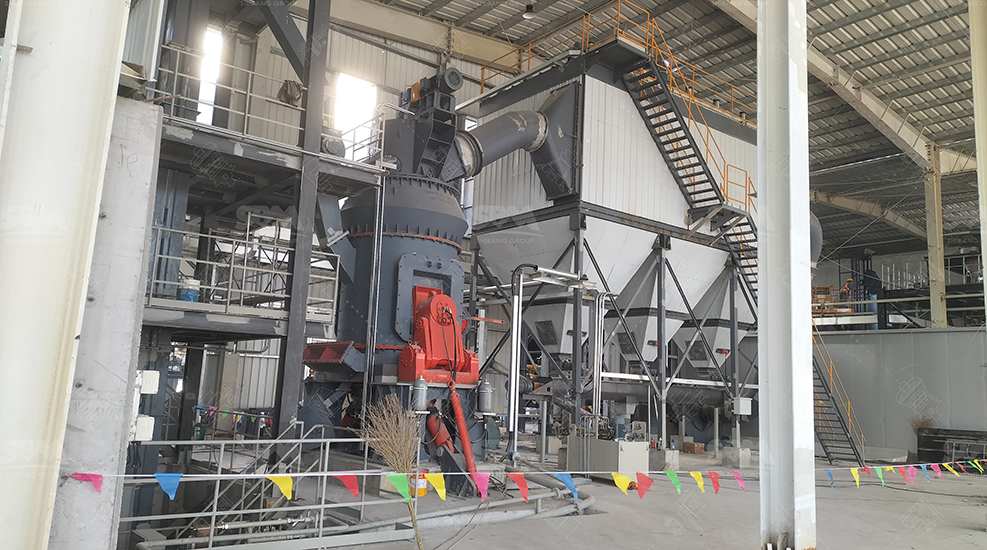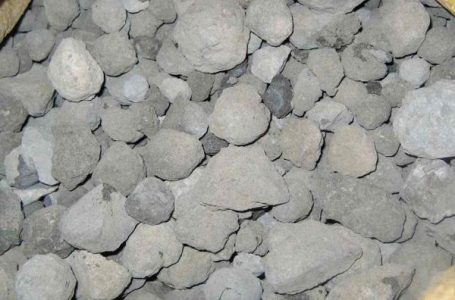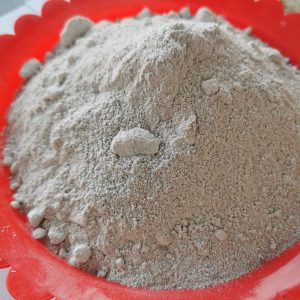Transforming India’s Cement Industry: The Vertical Roller Mill Revolution
India’s cement sector, projected to grow at 4.9% CAGR to meet soaring infrastructure demands, is embracing Vertical Roller Mills (VRMs) as the cornerstone of efficiency and sustainability. With a focus on energy savings, waste valorization, and digital integration, VRMs are redefining how India produces cement—here’s how.
1. Energy Efficiency: Powering Growth, Cutting Costs
VRMs outperform traditional grinding systems by 30–50% in energy savings, a critical advantage for India’s energy-intensive cement plants. Key innovations include:
- Bed Compression Grinding: Reduces kWh/tonne from 43 to 28 by replacing impact-based crushing with controlled compression.
- Integrated Drying: Simultaneous grinding and drying cut thermal energy use by 15–20%, ideal for processing high-moisture materials like slag or limestone.
- Motor Optimization: Models like the LM280K achieve 50–170 t/h throughput with a 1250 kW motor, balancing high output with grid stability.
2. Waste-to-Resource: Driving Circular Economy Goals
India generates 150 million tonnes of steel slag annually, much of which ends up in landfills. VRMs transform this waste into value:
- Slag Valorization: The LM370N Slag Mill processes slag into ≤1% moisture additives with ≥420 m²/kg surface area, reducing clinker demand by 30–40%.
- Alternative Fuel Compatibility: VRMs seamlessly handle coal, biomass, and petcoke blends, supporting India’s target of 40% alternative fuel use by 2030.
3. Smart Manufacturing: AI and Digital Integration
Aligned with India’s Industry 4.0 ambitions, VRMs integrate cutting-edge technologies:
- AI-Driven Process Control: Real-time adjustments to feed size (<50 mm) and fineness (80–400 mesh) ensure consistent quality, even with variable raw materials.
- Predictive Maintenance: Sensors monitor roller wear with 0.02 mm precision, slashing unplanned downtime by 40%.
- Digital Twins: Simulate VRM operations under diverse conditions to optimize throughput by 12% and reduce mechanical stress.
4. Scalability for Mega-Projects and Micro-Plants
From UltraTech’s 10,000 TPD facilities to rural micro-plants, VRMs adapt to India’s diverse needs:
- High-Capacity Models: The LM220K (36–105 t/h) and LM280K (50–170 t/h) cater to large-scale infrastructure projects like highways and urban housing.
- Compact Solutions: The LM80M Coal Mill (5–9 t/h) supports smaller units in remote areas, minimizing logistics costs.
- Modular Design: Retrofittable components like CFD-optimized classifiers allow phased upgrades, future-proofing investments.
5. Sustainability: Meeting Net-Zero Targets
With India’s cement industry targeting 40% CO₂ reduction by 2030, VRMs deliver:
- Low Heat Generation: Minimizes thermal waste, critical for plants adopting solar or biomass energy.
- Carbon Capture Readiness: Modular amine scrubbers on models like the LM220K aim to capture 60% of CO₂ from exhaust gases.
- Reduced Water Use: Dry grinding eliminates water consumption in slag processing, preserving resources.
Future Horizons: What’s Next for VRMs in India
- Hybrid Systems: Combining VRMs with roller presses boosts yields by 10–15%, ideal for high-volume blended cements.
- Mobile Units: Truck-mounted VRMs enable on-site grinding for rural projects, cutting transport emissions.
- Blockchain Integration: Tracking material provenance and energy use to meet ESG compliance demands.
Strategic Imperatives for Indian Manufacturers
Vertical Roller Mills are no longer optional—they are the engine of India’s cement future. With 30% of plants already adopting VRMs and investments in smart technologies surging, this innovation is bridging profitability and planetary responsibility. As one industry expert notes: “VRMs are where engineering meets economics, turning waste into wealth and energy into efficiency.”


